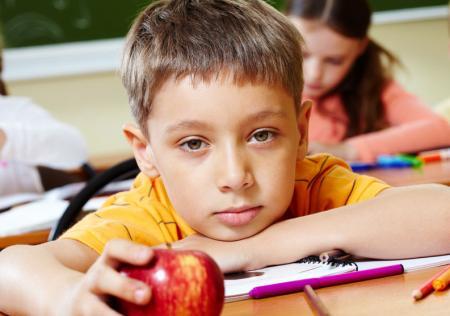
The present study aimed at examining the effect of sensory-motor integration activities in combination with feedback on the balance performance of children with developmental coordination disorder (DCD). Method: In this quasi-experimental study, 30 children (8-10 year) with DCD were selected and randomly divided into three groups of self-controlled,examiner control and control. On the pre-test, static and dynamic balance was evaluated using the stork test and tandem gait test, respectively. Afterward, the experimental group performed the practice protocol for three 60 minute sessions per week for 8 weeks. The post-test was conducted like the pre-test. Data were analyzed with Kolmogorov-Smirnov test, Levene’s test, Box’s test, ANCOVA, and the LSD post-hoc test. Results: Results of ANCOVA showed significant changes in the dynamic balance variable both in practice (p=0.048) and in group (p=0.001). Also, significant changes were observed in the static balance variable both in practice (p=0.036) and in group (p=0.001). The post hoc test indicated a significant difference between the self-control and examiner-control groups on the one hand, and the control group on the other, in temrs of dynamic and static balance. Moreover, the self-control and examiner-control groups were significantly different in static and dynamic balance (p≤0.05). Conclusion: According to the results, compared to training alone, sensory-motor integration activities in combination with feedback can improve balance performance.
Keywords: Sensory-motor integration, Developmental coordination disorder, Static balance, Dynamic balance, Feedback
1. Corresponding Author: M.A. in Motor Behavior, Razi University of Kermanshah, Iran.
2. Assistant Professor in Motor Behavior, Razi University of Kermanshah, Iran.
3. M.A. in Motor Behavior, Razi University of Kermanshah, Iran.
